What is an ERN?
European Reference Networks (ERNs) are networks of European healthcare providers expert in a particular set of rare diseases that were established to pool together clinical expertise available across Europe and to concentrate knowledge and resources on rare and/or complex diseases.
The need for ERNs
No country alone has the knowledge and capacity to treat all rare and complex diseases. ERNs offer patients and doctors from across Europe access to the best expertise and timely exchange of life-saving knowledge, without having to travel to another country.
In a given country, individuals with a rare and/or complex disease may struggle to obtain a diagnosis or treatment. Like the diseases, the clinical expertise in a given country may also be relatively scarce. This may mean there is a lack of clinician awareness and knowledge of treatment options, limited information available for both patients and healthcare professionals and/or an absence of professional skill in diagnosing and treating these rare or complex conditions.

ERNs foundation
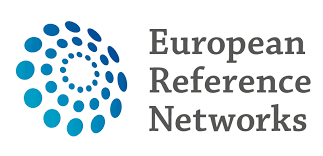
European Reference Networks (ERNs) for rare diseases and complex conditions have been established in 2017 following the European Directive on the application of patients’ rights in cross-border healthcare.
Their establishment has been deemed by the rare disease global and European stakeholders as an unprecedented move in improving the healthcare management of patients suffering from rare diseases.
Within the European Union, a disease is considered rare when it affects less than 5 per 10 000 persons in all Members States. The aim of ERNs is to collect and share knowledge about rare diseases which is by definition scarce and fragmented because of the low prevalence of these conditions. The resulting pool of expertise is expected to help developing best practices in the coordination of patient care pathways, reducing negative outcomes for patients suffering from rare diseases, like diagnostic wandering, while improving the general quality of care and diminishing the cumulative cost to society.
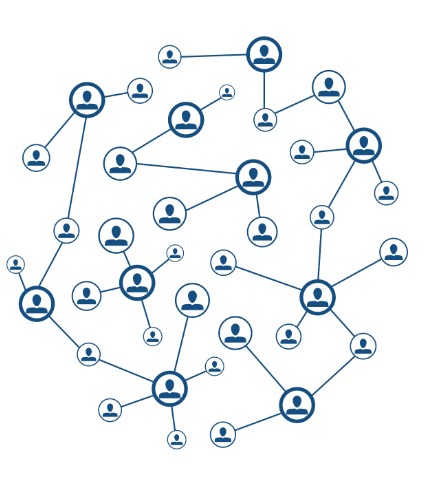
What is expected from ERNs
ERNs are expected to:
- Facilitate clinician access to a larger pool of specialised knowledge and expertise;
- Pool together a bank of specialised resources for patients and healthcare providers;
- Help improve understanding of rare diseases by pooling together patient data for use in research studies
List of all ERNs
There are currently 24 ERNs, each focusing on a specific medical domain of rare diseases or complex conditions:
Endo-ERN: European Reference Network on endocrine conditions.
ERKNet: European Reference Network on kidney diseases.
ERN BOND: European Reference Network on bone disorders.
ERN CRANIO: European Reference Network on craniofacial anomalies and ENT disorders.
ERN EpiCARE: European Reference Network on epilepsies.
ERN EURACAN: European Reference Network on adult cancers (solid tumours).
ERN EuroBloodNet: European Reference Network on haematological diseases.
ERN eUROGEN: European Reference Network on urogenital diseases and conditions.
ERN EURO-NMD: European Reference Network on neuromuscular diseases.
ERN EYE: European Reference Network on eye diseases.
ERN GENTURIS: European Reference Network on genetic tumour risk syndromes.
ERN GUARD-HEART: European Reference Network on diseases of the heart.
ERNICA: European Reference Network on inherited and congenital anomalies.
ERN ITHACA: European Reference Network on congenital malformations and rare intellectual disability.
ERN LUNG: European Reference Network on respiratory diseases.
ERN PaedCan: European Reference Network on paediatric cancer (haemato-oncology).
ERN RARE-LIVER: European Reference Network on hepatological diseases.
ERN ReCONNET: European Reference Network on connective tissue and musculoskeletal diseases.
ERN RITA: European Reference Network on immunodeficiency, autoinflammatory and autoimmune diseases.
ERN-RND: European Reference Network on neurological diseases.
ERN Skin: European Reference Network on skin disorders.
ERN TRANSPLANT-CHILD: European Reference Network on transplantation in children.
MetabERN: European Reference Network on hereditary metabolic disorders.VASCERN: European Reference Network on multisystemic vascular diseases.
The ERN ecosystem
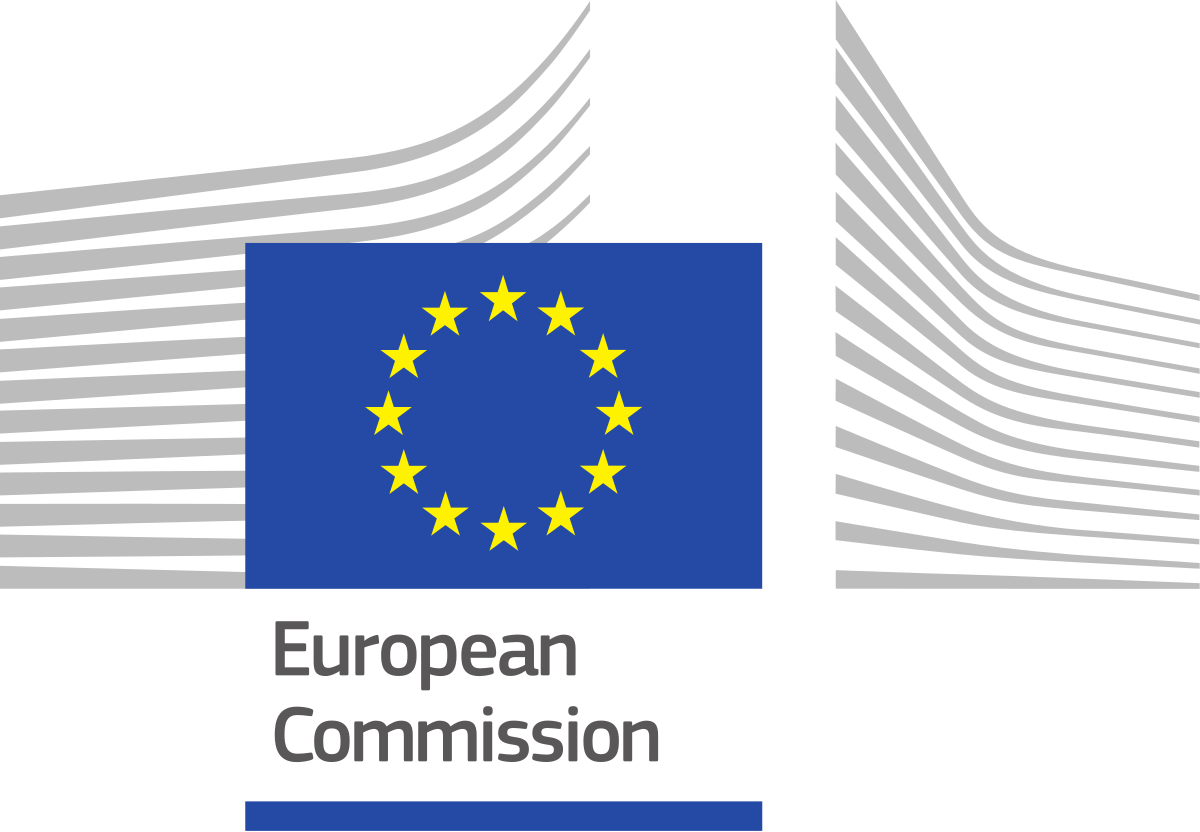
The Joint Action on integration of ERNs into national healthcare Systems (JARDIN project) has been build in the frame of the EU4Health Programme (EU4H). JARDIN build on a consortium of 29 partner states : 27 EU Member states (MS) + Norway + Ukraine. It associates 55 stakeholders (all health ministeries, many HCP, research infrastructures…). Many ITHACA-linked HCPs are official participants. The grant agreement has been signed for three years, with a EU budget of 11 M€.
To learn more about the project: JARDIN project: The Joint Action on integration of ERNs into national healthcare Systems – ERN ITHACA (ern-ithaca.eu)

The European Joint Project on Rare Diseases (EJP-RD), an EU-wide, patient-centred EU and MS co-funded initiative that fosters creation of RD research ecosystem, easy to use for scientists and producing benefits for patients in the most efficient way. The goals of EJP-RD include structuring actions with the ERNs. The EJP-RD is implemented through dedicated funding, training opportunities and services oriented towards all RD community. Find out more information here.
To contact the EJP RD Help Desk, please follow the link here.
The International Rare Diseases Research Consortium (IRDiRC) unites national and international governmental and non-profit funding bodies, companies (including pharmaceutical and biotech enterprises), umbrella patient advocacy organizations, and scientific researchers to promote international collaboration and advance rare diseases research worldwide. Importantly, the coverage of the Consortium is global and involves stakeholders from Africa, Asia, Australia, North America, and Europe
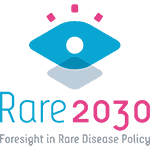
Rare 2030 is a foresight study that gathers the input of a large group of patients, practitioners and key opinion leaders to propose policy recommendations that will lead us to improved policy and a better future for people living with a rare disease in Europe. This a two year project that will end in a presentation to parliament at the end of 2020 with recommendations on the most critical areas needing sound policy

Share4Rare is an European project which aims to improve the quality of life of those affected by a rare disease. By working together, we can build a community to transform rare diseases into known diseases by advancing research and sharing knowledge
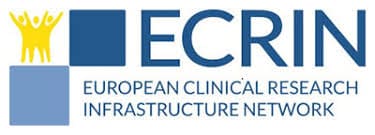
ECRIN aims to generate scientific evidence to optimise medical practice. To achieve this vision, ECRIN supports the conduct of multinational clinical research in Europe by managing and supporting clinical trials across borders, connecting networks, and advising and implementing policy, ECRIN advances knowledge flow, competitiveness and integration in European clinical research.
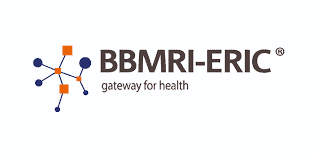
BBMRI-ERIC is an European research infrastructure for biobanking which brings together all the main players from the biobanking field : researchers, biobankers, industry, and patients – to boost biomedical research. To that end, it offers quality management services, support with ethical, legal and societal issues, and a number of online tools and software solutions for biobankers and researchers. Ultimately, the goal is to make new treatments possible.

RD-Connect is an international community working towards accelerating rare disease research worldwide by provision of the global RD-Connect Platform that facilitates research on rare diseases by connecting databases, patient registries, biobanks and clinical bioinformatics data into a central resource for researchers worldwide.
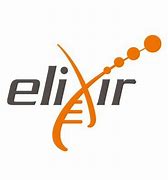
The goal of ELIXIR is to coordinate these resources so that they form a single infrastructure.This infrastructure makes it easier for scientists to find and share data, exchange expertise, and agree on best practices. Ultimately, it will help them gain new insights into how living organisms work.
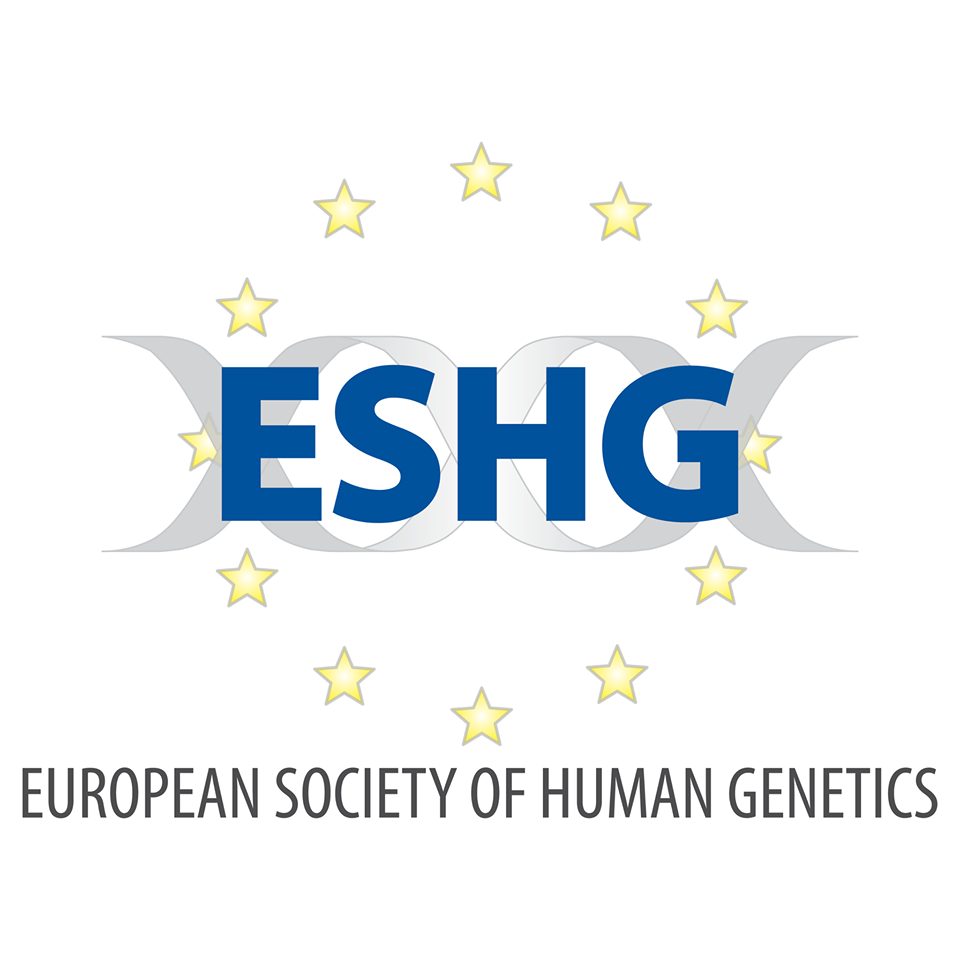
The European society of Human Genetics is a recognised international non profit organisation, and one of the founding members of the International Federation of Human Genetics Societies. It aims at promoting research, facilitating communication and encouraging best practice in applications of human and medical genetics, particularly in Europe
